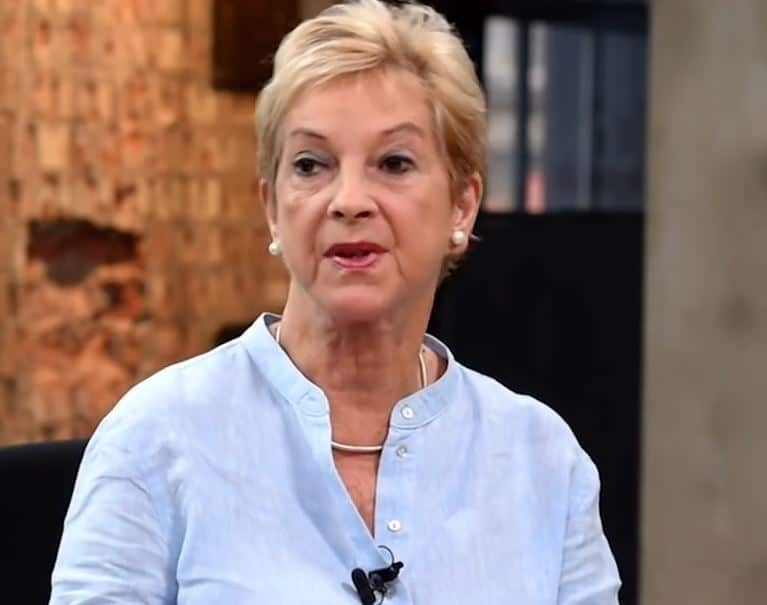The creator of an anti-vaccination documentary may be forced to abandon a planned tour of Australia, due to begin on Thursday, as she has not been granted a visa.
SBS News understands Joan Shenton applied for a standard electronic tourist visa last week, ahead of a string of screenings of her new film about the Gardasil vaccine.
"Any individual that wishes to come to Australia must apply for the appropriate visa stream," a spokesperson for the Home Affairs department, which makes visa decisions, told SBS News.
"It is the applicant's responsibility to apply for the correct visa depending on their travel requirements. For example, individuals intending to work in Australia must apply for an appropriate visa with work rights."

Joan Shenton’s tour was organised by the Australian Vaccination-Risks Network, which claimed the “deadline” for her flight had passed while the Home Affairs department considered her visa application.
But AVN founder Meryl Dorey told SBS News the group remained hopeful a visa could be approved in the next 24 hours, allowing Ms Shenton to book a last-minute flight to Australia.
"She will get on a plane," Ms Dorey said.
The spokesperson for the department said the filmmaker's visa remained “under consideration".
Ms Dorey said Ms Shenton was "no risk to Australia" and dismissed any allegation she was planning to work in the country.
"She's not being paid a cent for coming here. She's meeting family, she's meeting friends."
She would not be paid for attending question-and-answer sessions at the screenings, Ms Dorey said.
Ms Shenton's film Sacrificial Virgins opposes the Gardasil vaccine, which is given to Australian high school students through the National Immunisation Program to protect against the sexually-transmitted Human papillomavirus (HPV).
The film claims HPV does not cause cervical cancer and that the vaccine can cause “neurological damage”.
Health Minister Greg Hunt has slammed the film as spreading “false and reckless claims”, while respected Australian scientist and co-inventor of the technology enabling the HPV vaccines, Ian Frazer, warned the film was “fake news” that could cause preventable deaths.
The Home Affairs department has the right to refuse visas on character grounds and has used the power against prominent anti-vaccination activists before.
“For visitors who may hold controversial views, any risk they may pose will be balanced against Australia’s well-established freedom of speech and freedom of beliefs, amongst other relevant considerations,” the departmental spokesperson said.
Ms Shenton said she would be “very disappointed” to miss the Australian tour and the chance to engage families on the “risks” of vaccinations. Ms Shenton will still appear at the events via video-link, the host group said.
The slated screenings in the Sunshine Coast, Gold Coast, Byron Bay area and Sydney, Melbourne and Brisbane will still go ahead.
The research shows that HPV - of which there are 100 types - causes up to 99.9 per cent of all cervical cancers. It is even linked to genital warts and head and neck cancers, particularly among men.
"There is overwhelming evidence that HPV is necessary for the development of cervical cancer and certain HPV types have been classed by the International Agency of Research in Cancer (IARC) as group 1 carcinogens," said Dr Lara Roeske from the Victorian Cytology Service.
So effective is Gardasil vaccine, experts predict Australia is likely to become the first country to effectively eliminate cervical cancer, with the eradication expected in the next 40 years.
According to research published in the Journal of Infectious Diseases, there's been a dramatic decline in the rates of HPV, which has been attributed to the effectiveness of Gardasil.
Among Australian women aged 18 to 24, the HPV rate dropped from 22.7 per cent to just 1.1 per cent during the past 10 years. Before the vaccinations, almost all sexually active people contracted HPV.
"When you get vaccinated you give yourself an insurance policy against the riskiest types of HPV what will cause cervical cancer later down the track," said Dr Roeske.

